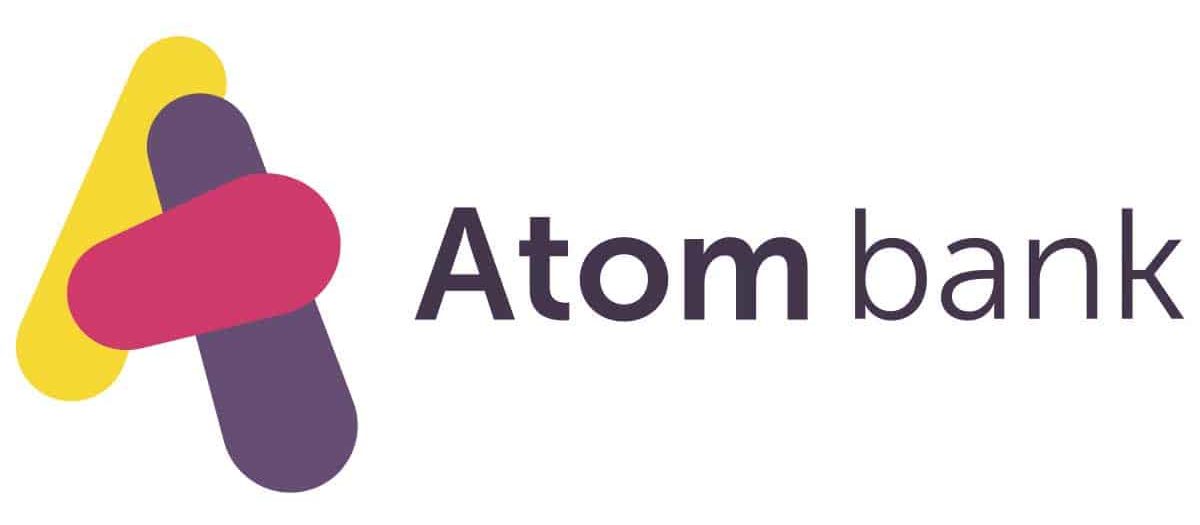MuleSoft has customers across industries that are innovating and transforming their digital landscape. Our customers tend to have one thing in common: they want to move faster––whether it is releasing products quickly, on-boarding clients more efficiently, or delivering on services swiftly.
To achieve the above, customers are building innovations through technology. The challenge? Connectivity. Companies have a myriad of applications, data, systems, and devices and they must integrate them to reduce manual processes and achieve the speed required.
Our customers have increased speed by embracing integration solutions. By eliminating traditional approaches to integration (e.g. point-to-point custom code), our customers are able to innovate much faster.
Don’t take it from us, take it from them! Check out the stories of Big Bus, Ube, and Atom Bank, below, and see how these companies integrated multiple applications and systems to accelerate the growth of their businesses.
Big Bus – driving digital strategy with APIs and partner integrations
Big Bus is the world’s largest owner-operator of hop-on-hop-off open-top sightseeing tours with a global fleet of 400 buses in 19 cities. Recently, Big Bus faced a dramatic decline in “on-street” sales using paper vouchers, so the company had to transform its sales strategy and the customer experience. Opportunities for new sales channels included web and mobile app access, as well as an extensive partner network. But the company did not have a unified integration strategy to support all these channels. Data was locked in legacy systems, and the company had to establish disparate, inefficient point-to-point connections with each new partner that was added to their ecosystem. This slowed and prevented new partner on-boarding. Big Bus needed a new technology to efficiently integrate internal sales systems with digital channels and partners.
Big Bus embraced a new digital strategy to rapidly integrate with new partners, providing them with real-time access to the Big Bus booking system. With MuleSoft, Big Bus built reusable APIs to launch online and mobile sales channels––creating a consistent experience for customers to purchase Big Bus tickets across multiple sales channels.
Richard Smith, Senior Vice President of Technology at Big Bus, spoke to their success with the new integration strategy. “MuleSoft has been beneficial to Big Bus as a business,” Smith said. “We’re able to have more productive relationships with our partners, and provide better experiences for our customers.”
Big Bus’ IT operations team is very lean. By reusing APIs to rapidly develop new functionality and deliver it to the market, the small team of eight people is now able to deliver the results of a much larger team. The company has achieved 30-50% reuse for bespoke integrations.
In addition, what started as an opportunity to connect with partners via APIs has produced assets that Big Bus can reuse across its own direct channels.
“Within two weeks using MuleSoft, we built an API for our own eCommerce platform,” Smith noted. “Now customers can buy through digital channels such as our website and app, or through one of our partners. Customers can buy in their own language and engage with our experience, research it, understand it, and ultimately feel more comfortable.”

Ube – Championing connectivity by integrating business data
Founded in 1897 as a coal mining company in Ube City, Japan, Ube Industries now offers diversified products to over 140 companies, and has multiple factories and main offices. Managing data from these factories across disparate production, logistics, and accounting systems requires a complex network of internal management portals, frequently delivered via SAP.
In recent years, Ube has struggled with the volume and point-to-point connections requiring integration, and frequent system failures as a result. The Ube Industries IT team needed to reduce maintenance and operations costs. To do this, they had to minimize time to market by integrating business data between SAP ERP, Oracle, SQL Server, and 100+ other homegrown legacy applications. Ube decided to embrace a connectivity solution, Anypoint Platform, that integrated 1,100+ SAP interfaces––resolving stability issues with existing architecture.
With connectivity solutions between SAP ERP and hundreds of other applications, Ube’s IT team no longer had to spend so much time struggling with frequent system failures and an overwhelming number of point to point connections, but could devote more of its time to innovative projects and solutions. The availability of the system increased from 99.7% to 99.98%. System downtime associated with required changes also decreased significantly (80%), from one hour to ten minutes per planned migration. This improved maintainability, thus significantly reducing costs for the IT team.
Katsuya Ooba, a leader in Cloud Integration Service and Service Business Divisions at Ube Industries, was thrilled with the outcomes of the new integration strategy. “MuleSoft’s Anypoint Platform has proven itself to be highly available and stable, which has given Ube Industries the confidence to expand the use of it across the enterprise, with the goal being that it will someday provide for all of Ube Industries integration needs,” he said.
Atom Bank – making speed-to-market a priority by integrating a diverse set of components
Atom Bank is the second bank in the last 100 years to receive a full banking license in the UK, delivering the first mobile-only bank in the region. Atom Bank has no branches, no website, and everything is carried out via a mobile application––from opening a savings account, to transferring money, or receiving a mortgage offer.
Before MuleSoft, Atom Bank utilized tightly coupled, point-to-point integrations to connect their systems, which inhibited their ability to compose new innovations. With speed-to-market as a priority, Atom Bank recognized these disadvantages, and embraced MuleSoft’s Anypoint Platform and reuse-driven API-led approach to replace their ESB and shift towards an agile, scalable operating model.
Today, every piece of Atom Bank’s integration is now a reusable asset, and the bank is able to reduce the number of APIs it deploys by simply reusing existing ones. Their monthly API development cycle has been shortened from one month to one day, enabling Atom Bank to innovate at speed.
Atom Bank’s Chief Technology Officer, Damon Roberts, spoke about how APIs and Anypoint Platform enabled the bank to integrate between a diverse array of components. “We have integrated best of breed for auto-conveyancing,” he said. “Because we own the APIs, we can do that. We are in control. We don’t mind which vendor we pick, as long as they can publish their technical specs and data contracts with us, we are good to go.”
“I’ve worked in a lot of big banks and the architecture is a nightmare. Our whole thing is an integration challenge. And if the middleware isn’t part of that and you’re in control it makes it easy,” said Roberts.
From enabling tourists to sign up for a spot on a tour bus, to enabling an entirely digital-based bank to integrate between a diverse set of components, MuleSoft’s connectivity solutions are transforming outcomes for businesses in so many ways.
If you’re interested in learning more about our customers – from Airbus to Buffalo Wild Wings – check out our catalog of case studies!











